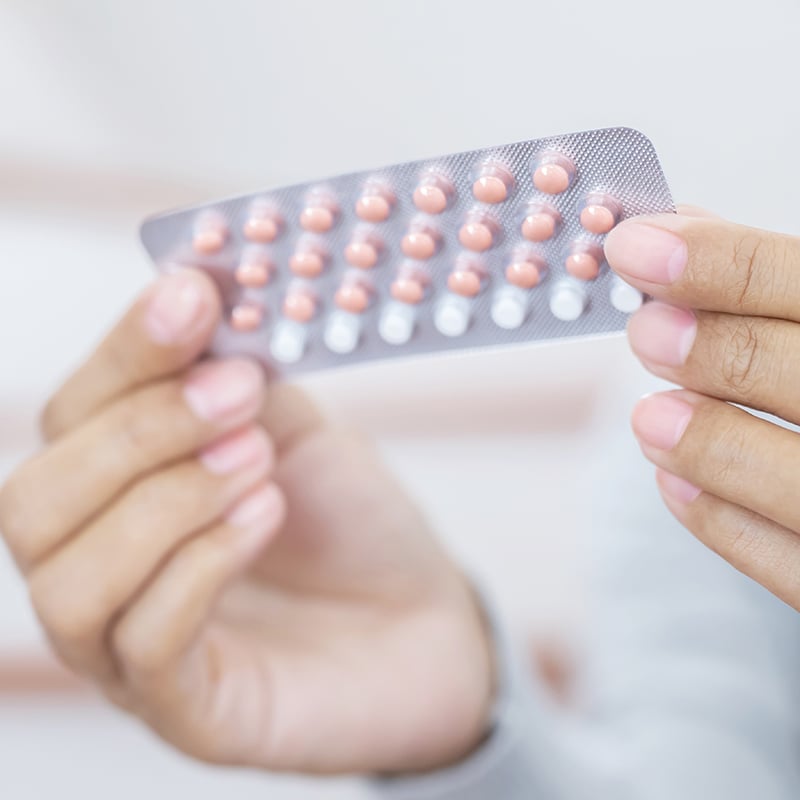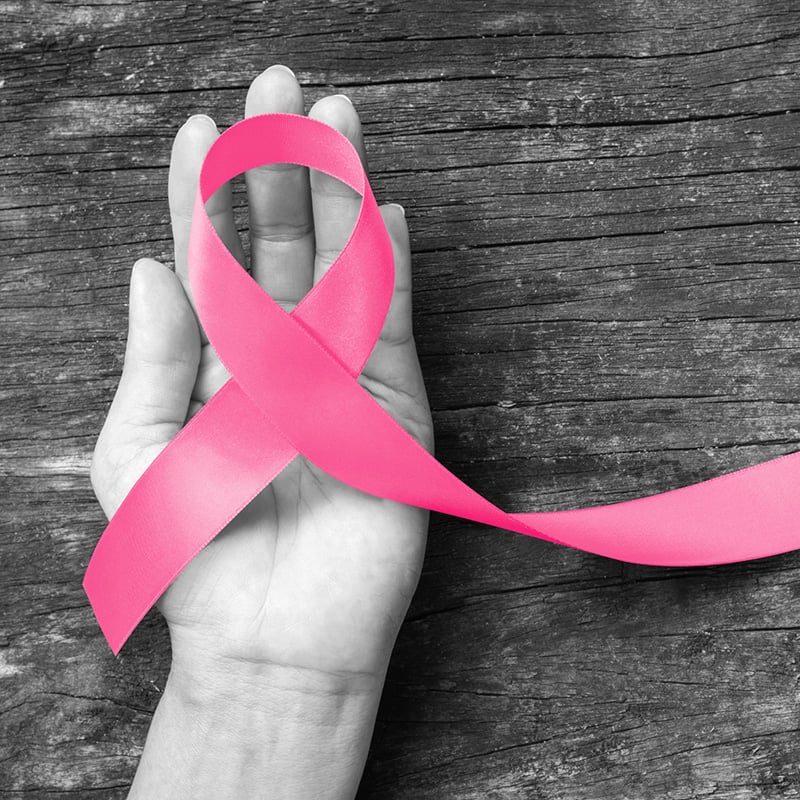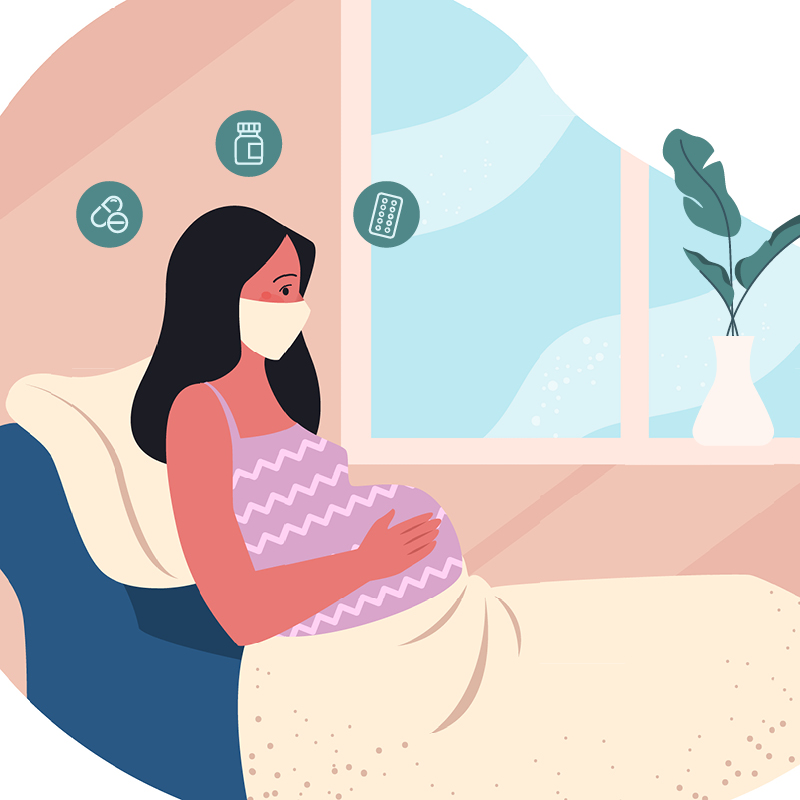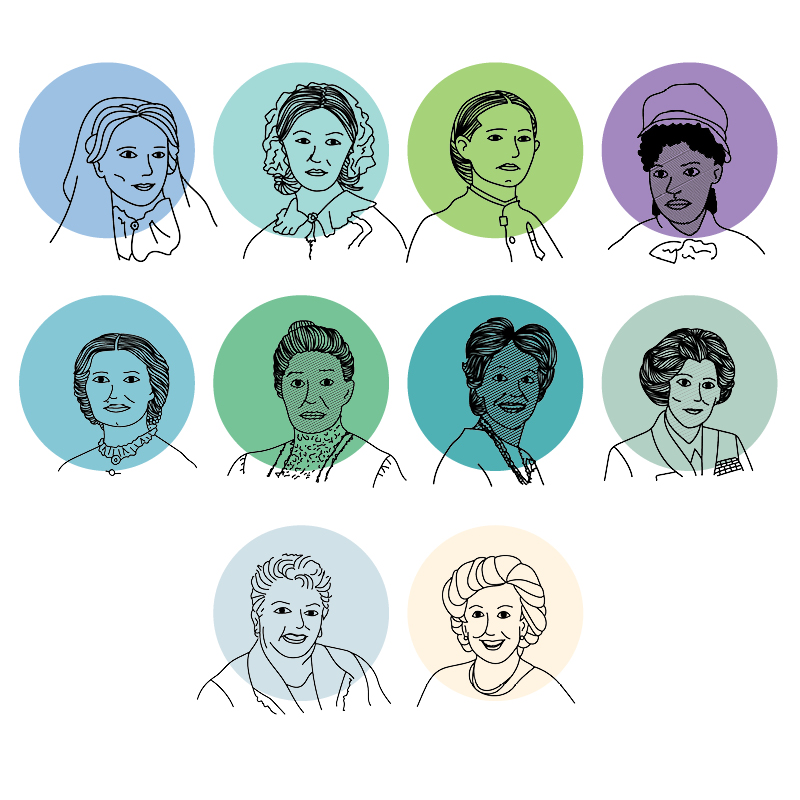Even when you eat healthy and live a healthy lifestyle, your body can still fall short of what it needs to be functioning at its best. For some people, taking vitamins and supplements can help meet their body’s needs.
Roughly 64 percent of women in the U.S. take at least one supplement or vitamin daily, according to the National Center for Health Statistics.
Mei-Hui Wang, MD, is a primary care physician working at the Women’s Health and Wellness Center in Pittsford and helps to explain how vitamins and supplements can be good for women’s bodies, and which ones to take.
Which vitamins or supplements are good for women
Vitamins are small nutrients that help our bodies work better than they already do - boosting eyesight, strengthening our bones and immune systems, helping our blood clot, and much more. They are often referred to by letters and numbers (vitamin A, vitamin B12, etc.).
There are two types of vitamins: fat soluble and water soluble. Fat soluble vitamins (Vitamins A, D, E, and K) are stored in the body’s liver, fat, and muscles. Water soluble vitamins (Vitamin C and all types of Vitamin B) don’t stay in the body and end up leaving through urine – with the exception of B12.
For women, the best types of vitamins and supplements depend on the phase of life they are in. Vitamin C helps to boost your immune system function and keeps your skin healthy; citrus fruits are a good way for the body to get enough vitamin C.
Folic acid and iron are good to take for women who are in their childbearing years, and are still having a regular period.
As women get closer to menopause, calcium and vitamin D can help to strengthen bones and teeth. This supports both good dental health and can help to prevent osteoporosis.
“Taking vitamins or supplements can be helpful, but the best way to get the vitamins your body needs is by eating enough of the vegetables or fruits that have those vitamins and minerals,” Dr. Wang said.
If a patient is being treated for a kidney condition or is on dialysis, she should consult with her primary care provider about taking any sort of vitamin or supplement. Water-soluble vitamins like vitamin C or B12 might become a problem since they cannot be processed by the kidneys.
Multivitamins for women’s health
If you are unable to get the vitamins and minerals your body needs through a regular diet, a multivitamin might be something to consider. This is important for younger women who need to get their folic acid, iron, calcium, and vitamin D.
However, be sure to read the labels of your multivitamin carefully. Some over-the-counter multivitamins or supplements are not as strictly monitored and might contain ingredients that are not listed on the label.
In general, Dr. Wang recommends discussing any supplements or vitamins with your primary care provider before starting to take them. There might be more helpful medications that can be prescribed for your health without the potential risk of something else happening.
“There are risks and benefits to medications and supplements,” Dr. Wang said. “But with medications, we have historical data and know how to monitor it.”










